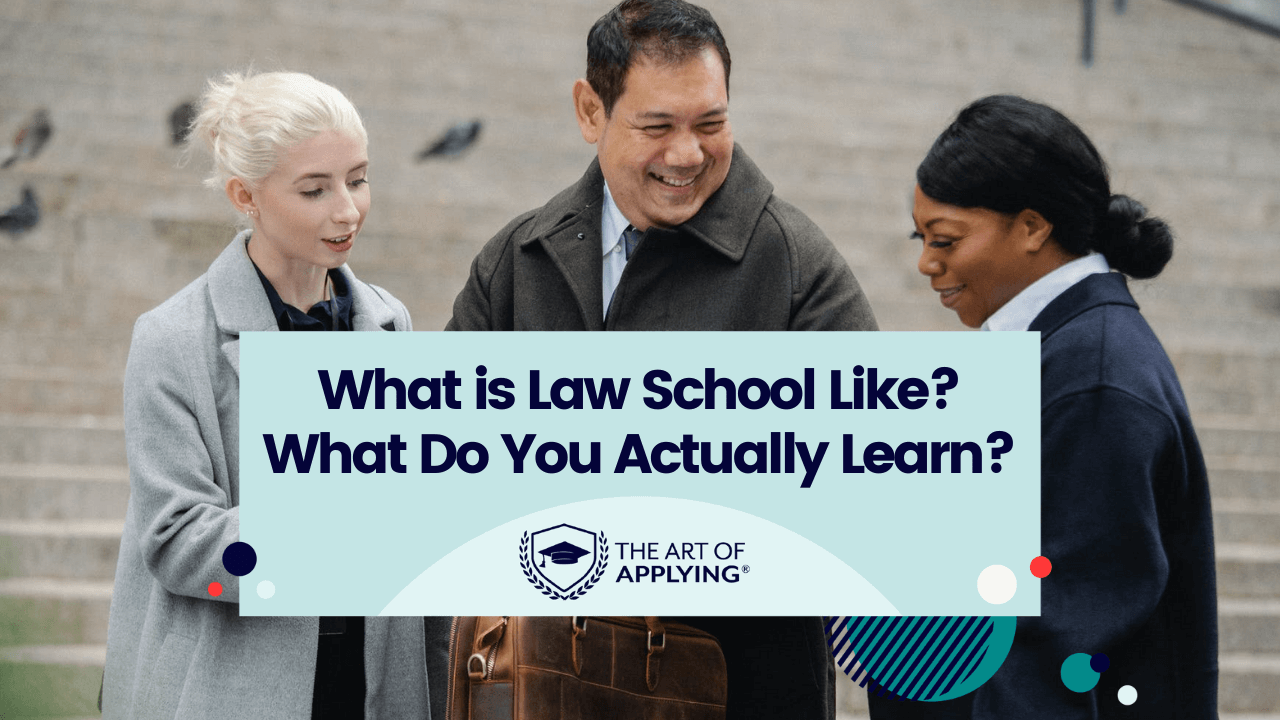What is law school really like?
Congratulations! You nailed the LSAT, crafted a beautiful personal statement, scored excellent letters of recommendation, and now you’re off to law school in the fall. What should you expect? First things first—go watch The Paper Chase. Law schools in the 21st century have little in common with HLS as depicted in the 1973 film, but the legend of Professor Kingsfield lives on. The movie gives you a good idea of the stereotype about law school: it’s competitive, overwhelming, and miserable. There will certainly be moments when you’re buried in case books and would rather be doing anything else with your time, but law school is also exciting, collaborative, and fun. Yes, I said it. Law school can be fun. You’re together with a few hundred other smart, energetic, intellectually curious people. It’s hard work but the intellectual and social rewards are great. All first year law students take a fairly standard list of courses including Contracts, Torts, and Constitutional Law. You’ll learn a lot of new facts and skills, but the curriculum is primarily designed to teach you to “think like a lawyer”. This is one of those phrases you’ll hear a lot the first semester without really understanding what it means. Thinking like a lawyer is a particular way of approaching a problem. By the end of your first year, you’ll be able to read a set of facts, identify the relevant law, and apply that law to the facts. You’ll develop close reading skills that enable you to quickly identify any nuances or ambiguities. These skills come from spending hours, and hours, and hours reading legal cases. Most legal “textbooks” are actually collections of excerpts from judgments followed by questions and commentary designed to help you tease out the relevant legal conclusions. At first these cases will seem impenetrable, but over the course of the semester you’ll develop the skills to quickly identify the key facts and the “holding” (conclusion) of the case. What took you hours in September will be a matter of minutes by December. One of the most meaningful experiences of law school can be working together with your classmates. Students usually band together in small study groups to help each other through the first semester, and in more advanced classes and clinics you’ll be working in groups on real legal problems. You’ll still spend plenty of time on your own in the library, but law school is more collaborative than many other graduate programs. A final word about Professor Kingsfield: Many law professors use a modified version of the Socratic method where they designate a few students to be “on” for any given class. Those students know in advance that they might be called on so they can prepare. But there are still a few Kingsfields walking the halls who will inspire terror with their use of a seating chart. If you find yourself in one of their classes, know that everyone else is just as intimidated. By December you’ll be debating Kingsfield like a pro.




Wow.
That was encouraging. It made me proud if studying law.